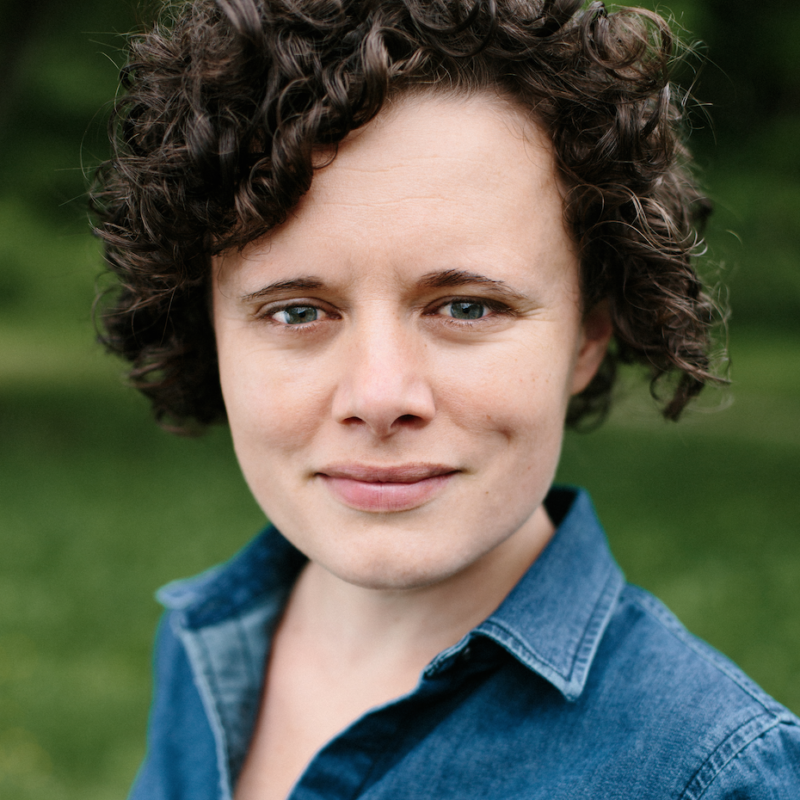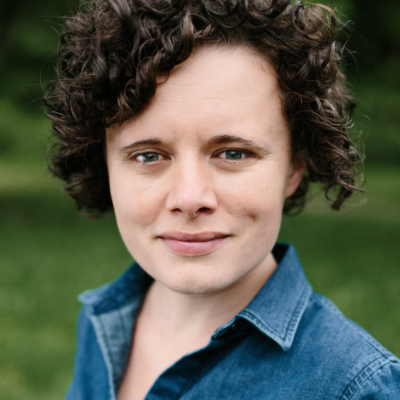|
Turnout was low at the polls on Tuesday, but George Allen, pictured in the 2011 July 4th parade in Crozet, came out on top with more than 65 percent of the vote, and will face Tim Kaine in the election to fill the Commonwealth’s open U.S. Senate seat. (Photo by Andrew Shurtleff/Zumapress.com) |
Fewer than 6 percent of Charlottesville’s registered voters braved the rain to cast their votes in Virginia’s Republican Senate primary election last Tuesday, but neither the low turnout nor the outcome came as much of a surprise.
Former Senator George Allen won with more than 65 percent of the votes, beating out longtime Virginia Delegate Bob Marshall, Tea Party activist Jamie Radtke, and minister E.W. Jackson for the chance to challenge Tim Kaine, the Democrats’ pick to fill the U.S. Senate seat being vacated by Jim Webb.
Allen, who served as governor of Virginia from 1994 to 1998, last successfully ran for the U.S. Senate in 2000, when he beat Chuck Robb in a close race. He was considered a rising GOP star until his 2006 reelection campaign, when a controversy erupted over his use of a racial epithet—what’s become known as his “macaca moment.” He lost the race to Webb, and his fall from grace stopped all mention of Allen as a 2008 presidential contender.
Since stepping out of the political limelight, Allen’s run a conservative think tank and penned a book called What Washington Can Learn From the World of Sports. He announced in January 2011 that he’d make another bid for Senate, this time facing off against Kaine, another former Virginia governor who has served as the Democratic National Committee Chairman under Barack Obama.
Despite having been out of office for four years, Allen’s political reputation seems to have helped him ultimately trump the other three candidates, and according to UVA’s Center for Politics’ Geoff Skelley, the primary didn’t leave much room for competition.
Nobody expected Allen to lose, Skelley said, and Kaine essentially ignored the other Republican candidates, preparing instead to face Allen in the general election.
Radtke was the runner-up in the race, capturing 23 percent of the vote. A Liberty University graduate, conservative consultant and Tea Party activist, she had been campaigning hard on an anti-establishment platform since she announced her intention to run in December 2010.
Virginia nearly always votes down the ticket in a presidential election year, and Skelley said that’s all the more likely this year, because Kaine has aligned himself closely with President Obama in the past.
With the outcome of the closely watched Senate race tied to who wins the White House, there’s likely to be even more focus on presidential politics this year in a state that’s already expected to play a key role in the election. “Virginia really could be the decisive state in the Electoral College,” Skelley said.
Tuesday’s low turnout shouldn’t be considered a preview of what we’ll see on election day in November, Skelley said—primary turnout is rarely very high.
The Albemarle County and Charlottesville Republicans who did brave the weather to cast ballots Tuesday overwhelmingly supported Allen, giving him 72 and 64 percent of the vote, respectively. A number of voters in the county’s Rivanna district—which supported Republican Ken Boyd in his 2011 Albemarle County Supervisor bid—said they thought Allen’s chances were good.
County resident Franklin Micciche said he liked Jackson—the previously unknown minister who pushed a purist approach to the Constitution—but ultimately voted for the frontrunner.
“I’m familiar with him, and I like the job he did when he was in office,” Micciche said.
Carmine Covais, another county Republican, said he was picking Allen “because I think he’s the guy that can beat the other guy. I think the main point is to get Republicans in the legislature.”
/george_allen.jpg)





